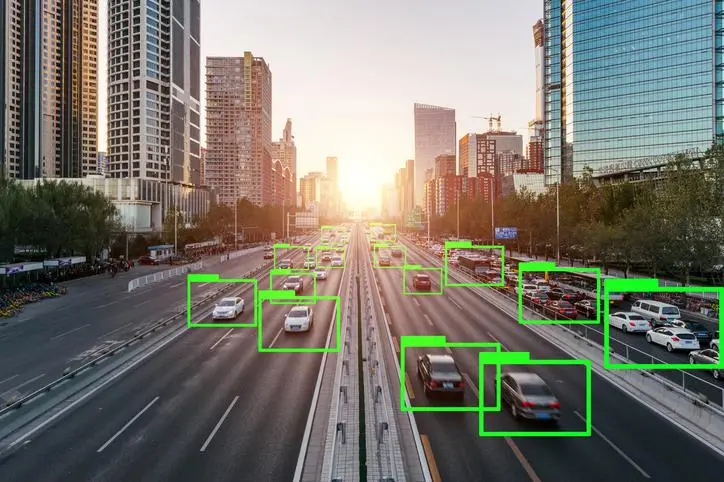PHOTO
While most organisations are looking to adapt their businesses in the light of the 'digital' tsunami, the technologies that have seen the highest levels of adoption and interest are undoubtedly Artificial Intelligence (AI) and Robotic Process Automation (RPA).
Even though there are others in the realm of emerging technologies, AI and RPA seem to grab most of the headlines largely due to nature of impact they tend to have on organisational efficiencies and customer experience.
While Robotic Process automation focuses on imitating human interaction by automating repetitive and non-value adding tasks, AI looks to mimic human intelligence through unsupervised learning and cognitive capabilities. We experience these technologies every day - whether it is the 'captcha' (to prevent bots from executing transactions) or Siri or Uber estimating your fare as you confirm your booking or social media recommendations for a probable 'friend' or what should you 'binge watch' next based on your past online activities.
Adoption is Key
While these technologies have existed for a number of years, the perceived potential and investments from large tech companies and especially start-ups over the last 3-4 years, has seen an exponential growth and with it, adoption increased and initial successes strengthened the business case.
According to IDC, the region's AI market is set to grow by a stunning 83 per cent, from $290 Million in 2019, to $530M in 2022 while the global market is expected to grow at a CAGR of 28.5 per cent, approaching $98.4 billion revenue in 2023.
The impact that these numbers have on the regional markets are very notable, with governments of UAE and KSA leading the way for adoption through creation of incubation and innovation hubs for increasing the adoption. They have also set up focused ministries to drive the innovation culture. In fact, UAE was the first country in the world to setup a Ministry for Artificial Intelligence and to appoint a Minister for AI in 2017.
While these technologies did meet with initial skepticism as replacing people, more and more organisations are realising the benefits to be had in terms of improving customer experience and relieving staff of increasing workload by automating rudimentary, repetitive and non-value added activities.
Moreover, adoption of emerging technologies has only created new opportunities in the job market. In fact, just the mindset shift to re-skill and up-skill existing staff has generated value for most organisations in getting their digital journey right. Just the fact that most Middle Eastern economies are looking to diversify, along with the number of transformation programs running in public and private sector industries are testimony to this. These technologies are transforming industries.
A World Economic Forum report indicates that out of the 133 million jobs that will be created globally, the top two lies within the realms of Data and AI domains. The potential for AI is $366.6 billion in wage income in the Middle Eastern countries alone, according to reports.
Considering these factors, there is no doubt of the positive impact that these emerging technologies have on the regional economies. However, it is equally important for organisations to be cognizant of a few important factors:
. There exists significant skill gap as of today to be able to address this need for growing automation
. There are pre-requisites that the organisations need to get right in order to achieve maximum potential - this includes clean / quality data along with the required infrastructure in place (whether cloud or otherwise)
. Organisations need to have clarity in terms of the true value these technologies deliver to them before embarking upon such journeys
Amit Ray, Managing Director - Data and Analytics, Protiviti Member Firm for the MENA Region. Views expressed here are his own and do not reflect on newspaper's policy
Copyright © 2020 Khaleej Times. All Rights Reserved. Provided by SyndiGate Media Inc. (Syndigate.info).





















